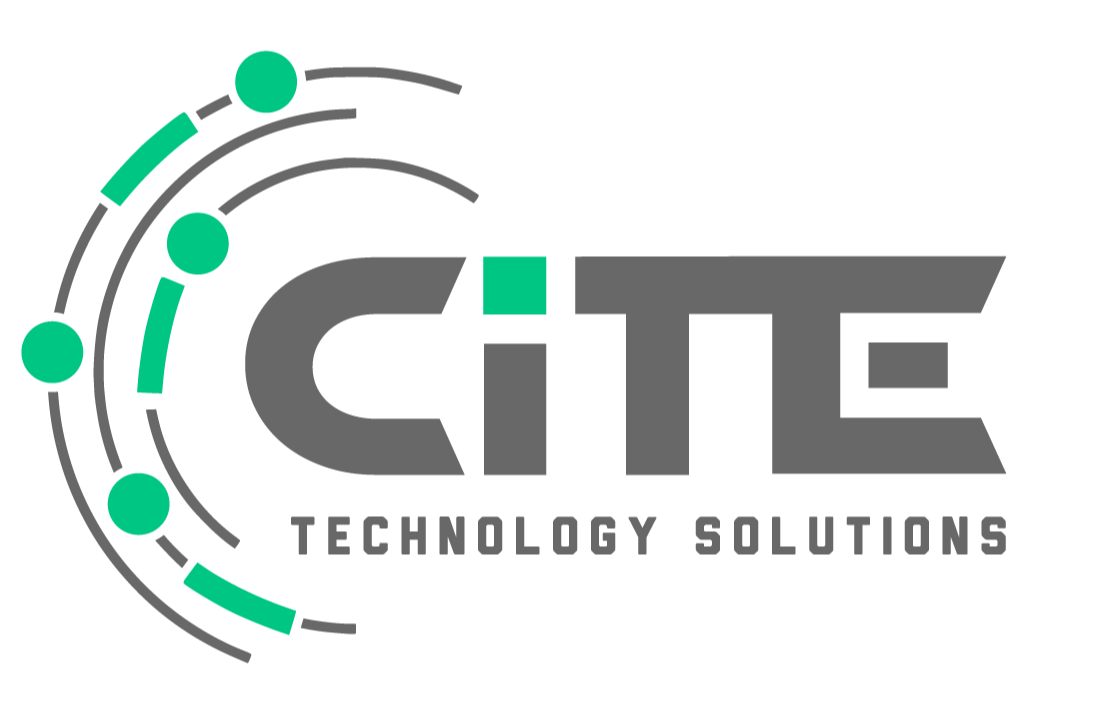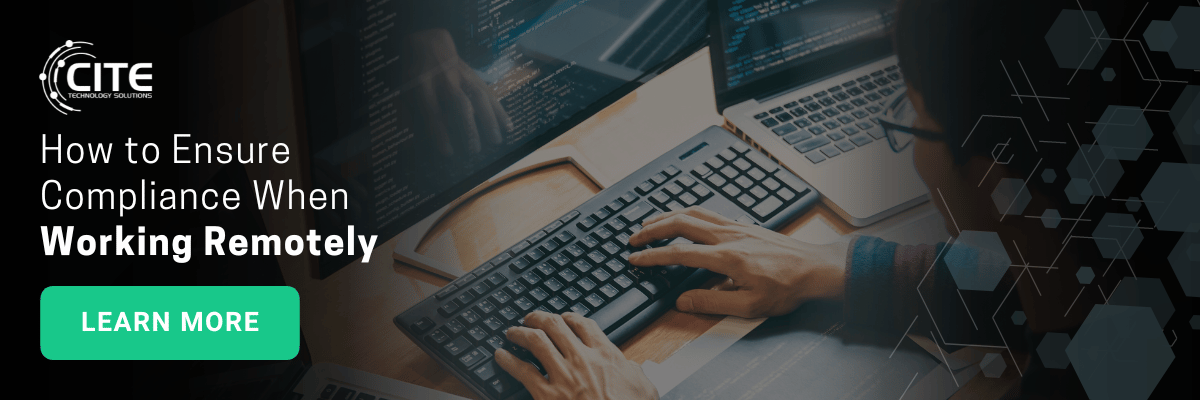The world of business has been transformed by data-driven decisions, with companies becoming more reliant on powerful data insights from both customers and business to succeed. Do you have a Data Security Policy in place to save the invaluable data you've collected?
With the dramatic shift towards remote working during COVID-19, organizations are now exposed to a range of security risks and threats which could have devastating consequences.
FBI statistics show an alarming 4x surge in daily cybercrime complaints since the pandemic began. Ensuring your company's information is secure has become essential for continued success – it needs to be at the top of any organization’s agenda!
The Difference Between Data Security and Data Privacy
Securing your organization's data from potential intruders is of the utmost importance. Data security and data privacy are two separate yet related processes that should be implemented in order to protect sensitive company and customer details. Data security safeguards such records against unauthorized access while data privacy manages how this valuable information is collected, stored, used, and distributed within an organization. Crafting a well-thought-out policy can truly make all the difference.
What are the Potential Consequences of Not Having a Data Security Policy?
With the overwhelming number of cybersecurity threats nowadays, it is more essential than ever for small and midsized businesses to implement strong data protection measures. Without a system in place that safeguards sensitive information, these companies leave themselves vulnerable to costly consequences for stolen data or malicious tampering with their networks. A single breach, like ransomware, could lead to crippling financial losses in addition to other consequences:
Damage Brand Reputation
Security breaches can be a major risk to any company's reputation - customers may start to doubt the security of their data, while your brand could suffer irreparable damage.
Disrupt Business Operations
Security incidents have a serious and far-reaching impact on business operations, causing lost productivity, reduced profits and unsatisfied customers.
Legal Implications
A data breach can have devastating repercussions for an organization, leaving them vulnerable to hefty fines and potential lawsuits. Such consequences also require organizations to pay out compensation in order to appease their customers.
Loss of Intellectual Property
A data breach can be a major threat to your business, not only compromising confidential customer information but potentially unveiling trade secrets like patents, blueprints, and certifications.
Be Proactive and Prepared Before a Breach Occurs
Data breaches can hit anyone, no matter how protected you may think your information is - and the costs of recovering from a breach are often more than what it would cost to prevent one in the first place.
Corporate data is an invaluable asset - and the need to protect it can't be overstated. Safeguarding sensitive information is critical for a successful business, yet securing such assets requires much more than just IT systems. Creating guidelines for both in-office and remote employees and educating staff on security policies are essential steps in preventing potential cyber threats and ensuring maximum protection of company resources.
Learn more about staying compliant in the remote workforce.
What Elements are Essential to a Data Security Policy?
Identifying potential threats from both within the organization as well as external sources can help create an effective security policy that can protect your company against any disruptions in operations. In order to safeguard your company’s data, there are a few essential elements that should be integrated into its protection policy:
Data Privacy
Businesses these days are collecting extensive amounts of customer data - information that should be kept secure and private at all costs. Having a strong privacy policy in place is not only necessary to stay compliant with regulations, but also acts as an invaluable layer of protection against unauthorized use or exploitation of sensitive client info.
Password Management
It's no surprise that hacking is a major threat to data security, with the vast majority of cyberattacks stemming from breached passwords. To keep your company safe and secure, make sure you have an effective password management policy in place for all users! Make it clear why regular updates are essential, how those in charge should be managing and safeguarding data and sensitive information, as well as what will happen if they don't comply.
Internet Usage
In the modern world, it's absolutely essential for businesses to access and use the internet safely. Ensuring their online security should be a priority in order to protect valuable data and resources. To ensure this happens, establishing an internet usage policy is key - providing guidelines on what kind of content employees can view or download while remaining secure from any threats that may arise during browsing activities. Implementing such rules will empower your staff with knowledge they need to stay safe online whilst avoiding any potential hazards associated with unchecked web surfing.
Email Usage
With nearly all malware delivered through email, a rock-solid policy is paramount for fighting off cyber threats. A well-crafted set of guidelines coupled with education on proper etiquette can help your organization safeguard confidential data and make sure emails are used responsibly.
Company-Owned and Personal Employee Devices
The transition to remote work has made it tougher than ever to secure sensitive data. Company-owned devices offer an efficient way of controlling and ensuring the security of both device and its contents, while personal employee gadgets are more vulnerable due to their diverse usage for leisure and job purposes. Creating a comprehensive IT policy is key – from regularly updating software programs, connecting through safe VPNs whenever possible, swiftly notifying if the technology goes missing - these precautions go a long way in keeping cyber breaches at bay!
Software User Agreements
By strictly following your company's software user agreement policy, you can ensure that all of your employees are utilizing only acceptable and properly licensed applications. Not abiding by the terms outlined in an end-user license agreement could lead to costly lawsuits or fines.
Reporting Security Breaches
A security incident can occur when you least expect it. Data breaches should be immediately reported to minimize negative impacts and prevent further attacks. A data breach policy will guide your employees on what actions need to be taken to manage data breaches. It will also ensure your employees follow appropriate procedures while reporting such incidents.
Secure Your Data Today with the Help of Cite Technology Solutions
The constantly evolving data privacy regulations makes it challenging to keep up with compliance.
At Cite Technology Solutions, our team of advisors can help secure data for both small and mid-sized organizations! With Cite by your side, you can confidently navigate the complexities of managing multiple policies, vendors, and safety protocols while optimizing value and mitigating risks effectively. Contact us today to get started!
About CITE Technology
.png?width=134&height=100&name=New%20Logo%20-%20Full%20Color%20(2).png) Cite Technology Solutions strives to provide the very best in IT solutions. We provide comprehensive IT solutions for small and mid-sized organizations with complex needs. Offering 24/7 Tech Support, Remote Support and Cloud Storage. We specialize in data management, medical imaging, HL7 interfacing, and HIPAA compliance.
Cite Technology Solutions strives to provide the very best in IT solutions. We provide comprehensive IT solutions for small and mid-sized organizations with complex needs. Offering 24/7 Tech Support, Remote Support and Cloud Storage. We specialize in data management, medical imaging, HL7 interfacing, and HIPAA compliance.







.png)

